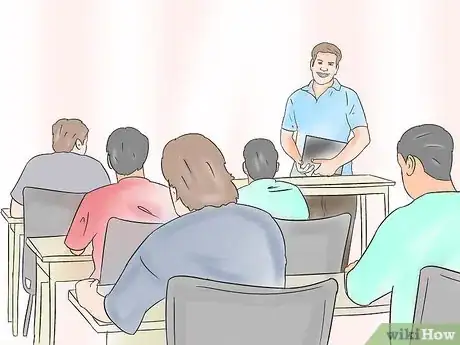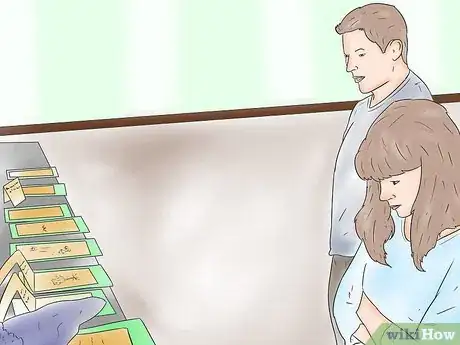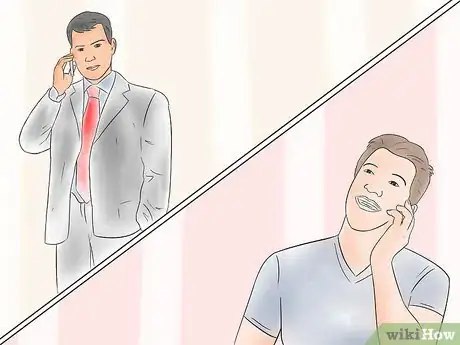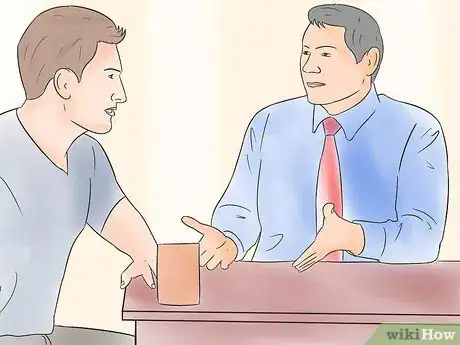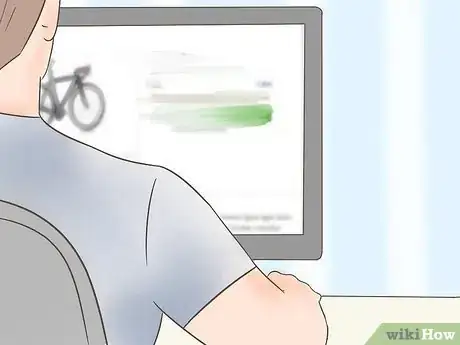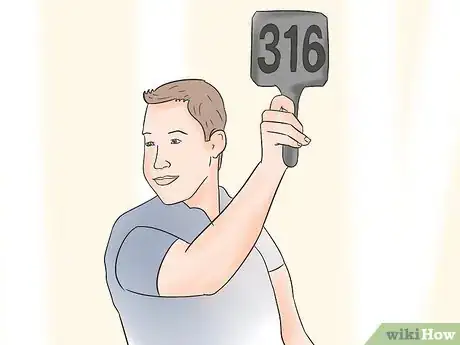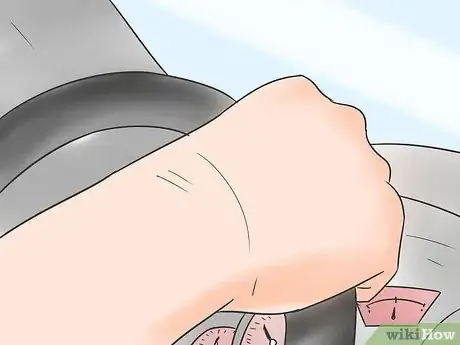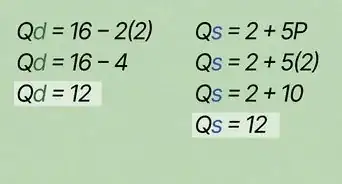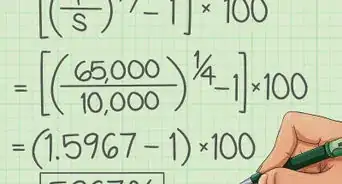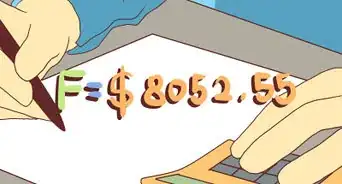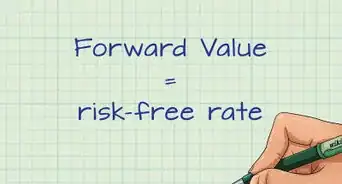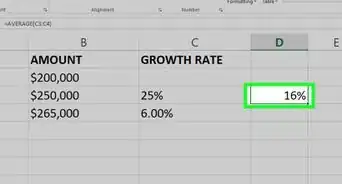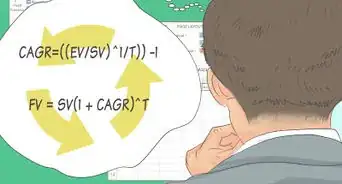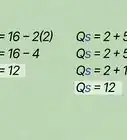X
wikiHow is a “wiki,” similar to Wikipedia, which means that many of our articles are co-written by multiple authors. To create this article, 11 people, some anonymous, worked to edit and improve it over time.
This article has been viewed 73,247 times.
Learn more...
Buying an auction item is a unique but fairly straightforward process. This article will help you walk through what to do as a first-timer at an auction. Read on to discover how the auction process works, as well as bidding tips and strategies!
Steps
Community Q&A
-
QuestionWhat do I need in order to be a qualified bidder?
 Community AnswerDifferent countries have different requirements. In general, however, you should at least be of legal adult age, and actually have the money you are bidding with.
Community AnswerDifferent countries have different requirements. In general, however, you should at least be of legal adult age, and actually have the money you are bidding with. -
QuestionWhat happens if I am the only one at the auction?
 Community AnswerYou might obtain the item at the starting price. However, the auctioneer may also decide that the lack of people present renders the auction a non-occurrence and may reschedule. It all depends on the auction place's terms and conditions.
Community AnswerYou might obtain the item at the starting price. However, the auctioneer may also decide that the lack of people present renders the auction a non-occurrence and may reschedule. It all depends on the auction place's terms and conditions. -
QuestionIs the person holding the auction allowed to pass on goods to another after you have won the auction?
 C GraceCommunity AnswerOnce the hammer falls and the bidding is declared closed, a legal sale contract is in place for the winner and the goods cannot be sold to another person after that.
C GraceCommunity AnswerOnce the hammer falls and the bidding is declared closed, a legal sale contract is in place for the winner and the goods cannot be sold to another person after that.
Advertisement
Warnings
- Vendors usually have a right to withdraw items from sale up to and during the auction proceedings. This means that an item can be withdrawn from sale if the auctioneer considers that a fair price is not going to be reached. This is known as "passed in". However, negotiations can continue in private with the highest bidders, so you may still be in with a chance.⧼thumbs_response⧽
- Don't get carried away with the bidding. It is easy to get so wrapped up in the spirit of things that you may find yourself wondering how or why you bought that pile of used dog bones.⧼thumbs_response⧽
- Do not sort through baskets of items attempting to create your "special" lot of goodies. The auctioneer who knows his business will know what has happened and may become irritated. Or even skip over that lot until his assistants have re-sorted things back the way they were intended to be sold. Messed up goods tend to be put out of the auction.⧼thumbs_response⧽
Advertisement
Things You'll Need
- An upbeat attitude. Keep a good sense of humor about you and don't be discouraged
- Cell phone to call/text someone if you're not sure about bidding/continuing to bid (especially a spouse!)
- A bottle of water
- A small pocket note-pad and a pen
- Transportation
- Umbrella (for outdoors auctions)
- Tools (if you buy a large or heavy object)
- Help (same)
About This Article
Advertisement
